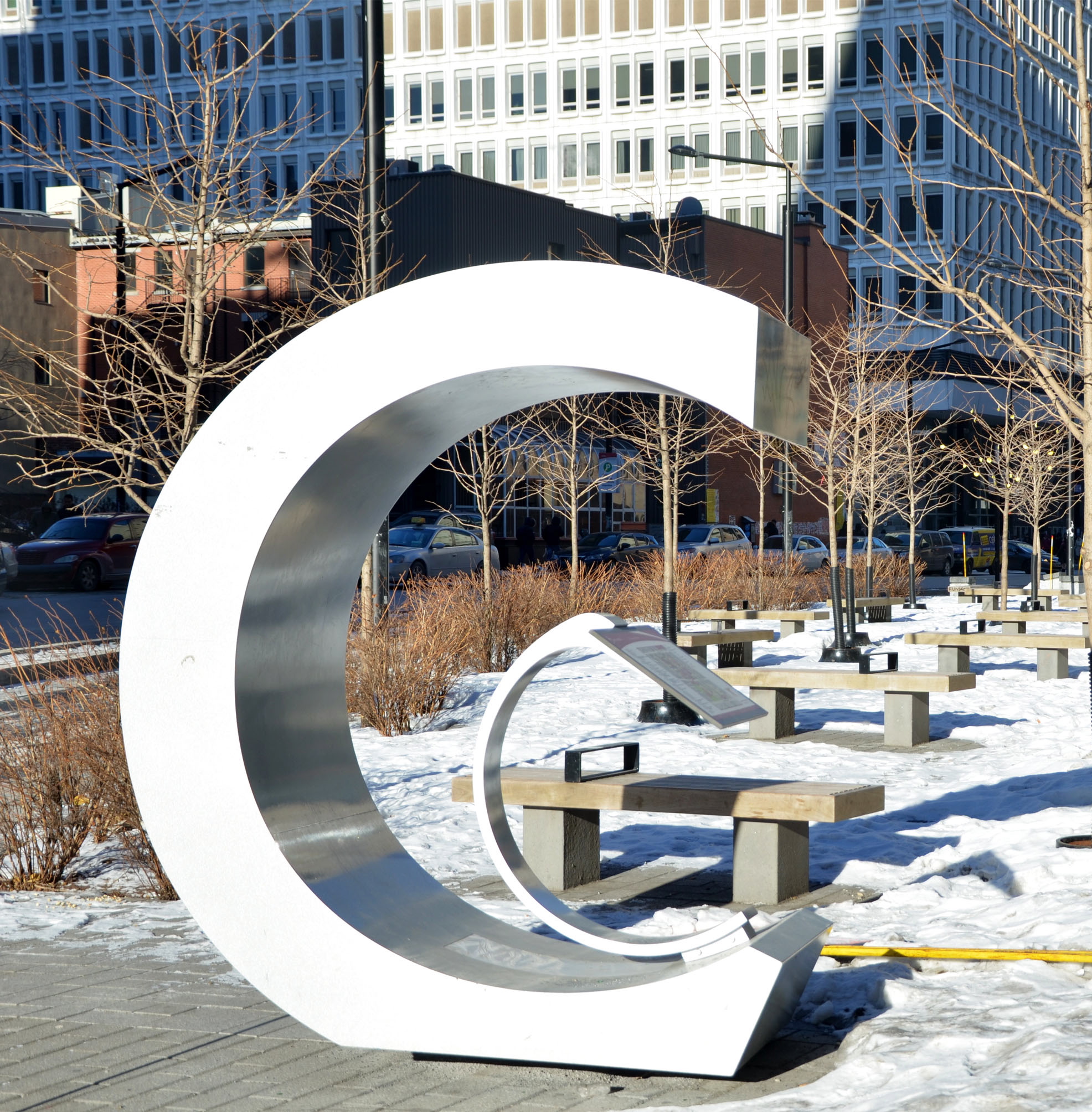One of the most anticipated promises from the Parti Québécois, the provincial summit on education, will be held next month to discuss future plans for Quebec’s governance and management for post-secondary education funds.
As a part of her agenda, Premier Pauline Marois abolished the proposed tuition fee increase of $1,778 over the next seven years imposed by the previous provincial government led by former Premier Jean Charest. Near the end of last year, Marois stated that it was time for discussion and an open debate on the subject of education in the province. The conference, to be held on Feb. 25 and 26, will not only examine the dispute on tuition, but other aspects of higher education and identify the main goals of the universities in Quebec. It will take into account the voices of university administrations, students and taxpayers in the province.
The provincial government has been accepting comments and questions electronically, through a website and a Facebook page created for the summit. Denis Comeau, a real-estate agent, says he remains skeptical on the contribution of opinions from taxpayers like himself despite the outreach from the PQ.
“The system is only as good as the people who use it and maintain it,” said Comeau.
He explained that when it comes down to the summit itself, a pressing issue is the quality of university education and some schools are “suffering” from being underfunded.
Due to Marois’ freeze on tuition, universities are short $32 million. In December, the provincial government slashed universities’ budgets by $124 million, with Concordia suffering a $13.2 million loss.
In an interview with The Concordian, University President Alan Shepard said that the best scenario which can come from the summit next month is having “clarity of funding, support for students, research funding, [and] renewed and refreshed commitment to the central role of universities in our society.”
Marois acknowledged that many will push for tuition increase, others for indexations and the rest for free tuition — a subject that many Quebec residents remain divided on.
“I do believe that they should not raise the tuition more, in fact, they should lower the tuition,” said TD Canada Trust financial sales representative Vita Carrara. “It is already very difficult for young adults to be able to afford today’s living expenses and have to pay for their own education.”
Karyna Bourgault, a dog groomer, said she believes that the relevance of the curriculum taught in the post-secondary environment should be reviewed. She feels that students shouldn’t have to pay more tuition because “accessible education will allow more opportunities.”
Members of the Liberal Party of Quebec, the official opposition of the PQ, believe the PQ is going into the summit with their minds already made up on the issue of tuition. If the freeze continues, some Liberals argue it will put Quebec universities in an $80 million shortfall.
“Students should pay more tuition, eventually. You can’t keep something like that frozen. I don’t agree with having to pay more, but yet, just like opus passes, people will be forced to pay more,” said Joe De Cicco, a customer service representative at Indigo Books and Music.“I don’t see any other way around it.”
